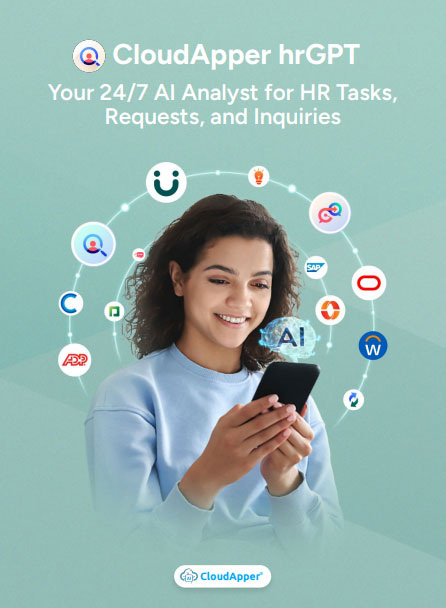Schedule compliance notifications are crucial for managing large workforces. Real-time alerts enable proactive management, preventing disruptions. Customizable workflows ensure effective alerts, enhancing accountability and performance. Shift from reactive to preventive management for improved productivity and cleaner data.
Table of Contents
Schedule compliance notifications are essential for organizations managing large, distributed workforces. In industries like retail, manufacturing, and healthcare, where employee coverage and punctuality directly impact performance, visibility into shift adherence must be immediate—not reactive.
While traditional reporting highlights issues after they occur, real-time alerts allow managers to act before small delays turn into operational disruptions.
The Role of Schedule Compliance Notifications in Daily Operations
Keeping track of who arrives late, who leaves early, or who misses scheduled breaks becomes more difficult as headcount increases. Managers may be responsible for multiple teams, sometimes across different locations. In this environment, relying solely on reports or manual reviews is inefficient.
Schedule compliance notifications help solve this by:
- Alerting managers instantly when a schedule is missed
- Providing shift-level detail, including time variance and cost center
- Giving teams an opportunity to respond before performance is affected
This real-time feedback loop supports accountability and prevents recurring issues from going unnoticed.
Real-Time Visibility Creates Immediate Value
Organizations often discover compliance gaps during payroll or monthly reviews. By then, the opportunity to correct the behavior has passed. In contrast, real-time alerts bring immediate clarity.
With the right workflow, managers can receive targeted messages as soon as an employee clocks in late, clocks out early, or fails to meet a schedule condition. These notifications are not just faster—they’re smarter, routed to the right person, and filtered by business logic such as cost center, department, or shift timing.
This results in:
- Fewer disputes over timekeeping
- Faster managerial intervention
- Cleaner payroll data
Customizing Schedule Compliance Notifications for Scale
As your workforce grows, one-size-fits-all alerts become less effective. What works for a single location won’t suit a region with dozens of cost centers. That’s why flexible configuration is critical.
With customizable workflows, you can:
- Define different rules by location or employee type
- Adjust thresholds (e.g., alert if late by 5 vs. 10 minutes)
- Choose how and where notifications are delivered
- Limit alerts to prevent unnecessary noise
These features make schedule compliance notifications practical—not overwhelming—across high-volume environments.
A Step Toward Proactive Workforce Management
Moving from reports to real-time alerts allows organizations to shift from reaction to prevention. Employees are more likely to follow schedules when they know visibility is immediate. Managers gain tools to lead instead of just respond. HR and operations benefit from cleaner data and fewer exceptions to track.
Ultimately, schedule compliance isn’t just about enforcing rules—it’s about enabling consistency, trust, and performance in the workplace.
Explore how real-time schedule compliance notifications can improve shift accountability and team productivity—contact us today to learn more.
What is CloudApper AI Platform?
CloudApper AI is an advanced platform that enables organizations to integrate AI into their existing enterprise systems effortlessly, without the need for technical expertise, costly development, or upgrading the underlying infrastructure. By transforming legacy systems into AI-capable solutions, CloudApper allows companies to harness the power of Generative AI quickly and efficiently. This approach has been successfully implemented with leading systems like UKG, Workday, Oracle, Paradox, Amazon AWS Bedrock and can be applied across various industries, helping businesses enhance productivity, automate processes, and gain deeper insights without the usual complexities. With CloudApper AI, you can start experiencing the transformative benefits of AI today. Learn More

CloudApper AI Solutions for HR



- Works with
- and more.
Similar Posts

Why Complex Workforce Environments Need More Than a Standard HCM…

Auto-Clear Timesheets Using API Workflows: Save HR Hours


















